- Tsaone Segaetsho
When addressing the media in the beginning of this year, De Beers Chief Executive Officer, Al Cook, talked about how innovation is needed to address the global supply of natural diamonds. He said the Jwaneng Underground Project creates new value for investors, brings new technology to the country, creates new skills for the company’s workforce and provides new gems for customers around the world.
Cook said the underground mining project investment is aligned with De Beers’ strategy to prioritise investments in the highest quality projects. Debswana is the 50:50 diamond mining joint venture between De Beers Group and the Government of the Republic of Botswana.
Debswana operations have been carrying open pit mining operations since their existence decades ago. There was an issue whether the mining company has capacity to do underground mining. The Debswana leaders have told The Executive Botswana that a cohort of young Batswana has been sent to Zambia to learn new skills and the technology relating to underground mining.
On Thursday, when taking the district leadership encompassing Jwaneng and surrounding areas on an update of the Debswana mine’s latest projects, Jwaneng Mine Acting General Manager, Goitseone Gadifele said from an underground perspective, the skills gaps are glaring.
“But this should be seen as an opening for a lot of opportunities for young Batswana. We have already engaged learner officials. We are training them in Zambia with some of our partners that side. We are also going to build a training centre in Jwaneng to train Batswana on the relevant underground skills,” said Gadifele.
The Batswana being upskilled are receiving the training from Mopani Copper Mines in Zambia, which Debswana’s Head of Technical Services, Bakani Motlhabani, said is a well-resourced underground mining training facility and that Debswana is investing around P65 billion on its underground mining project, which is expected to yield nine million carats annually.
After a series of feasibility studies, initial work is expected to start in May 2024, kicking off with the Exploration Access Development phase. The Debswana board has already allowed for a P13. 6 billion (USD 1 billion) investment in January this year for the Exploration Access Development Phase. This phase is for establishing a drilling platform to facilitate comprehensive sampling of the kimberlite pipes, delivering the early access decline for the underground mine and developing essential infrastructure to support forthcoming stages of the project. After the Exploration Access Development stage, the project will be developed in two further phases, Phase 1 mining and Phase 2 mining.










